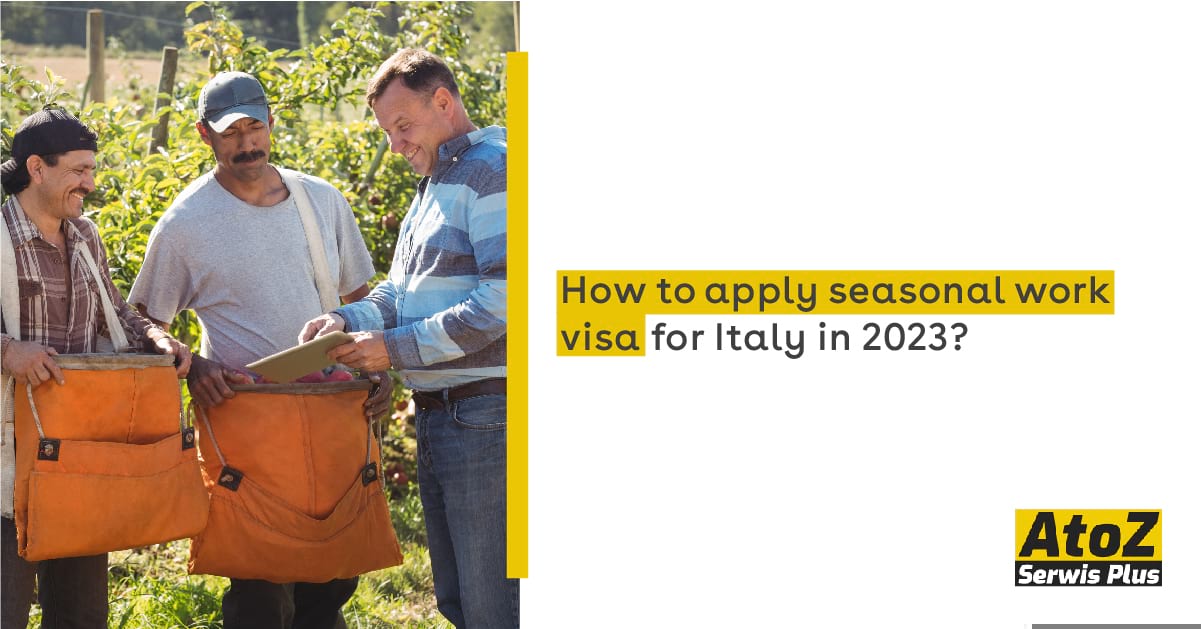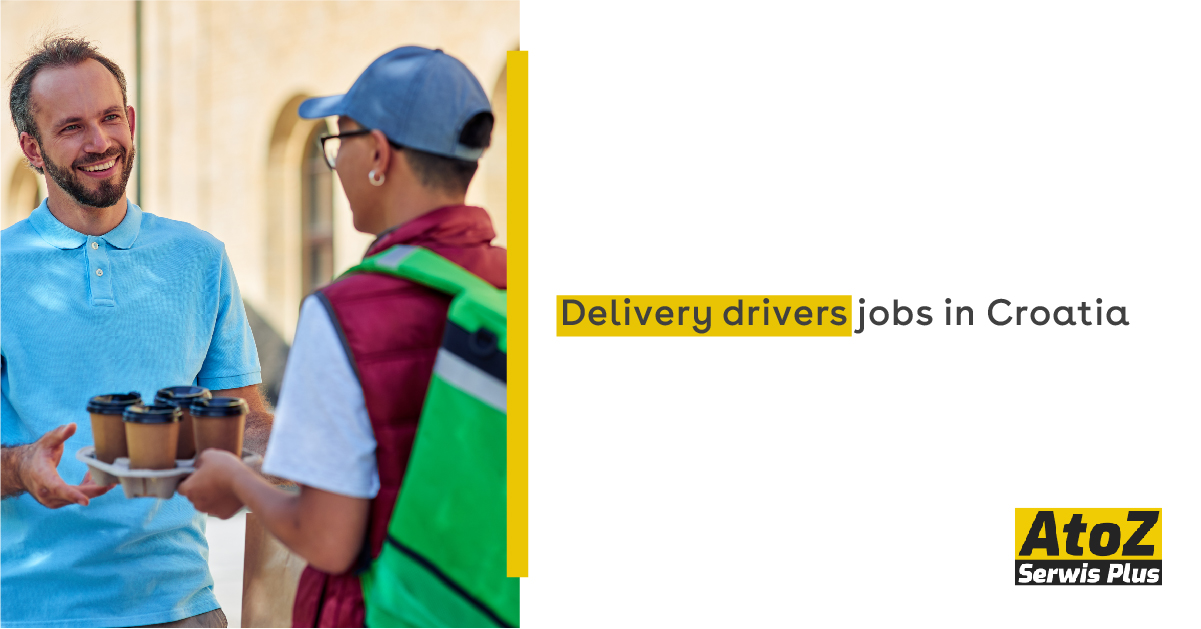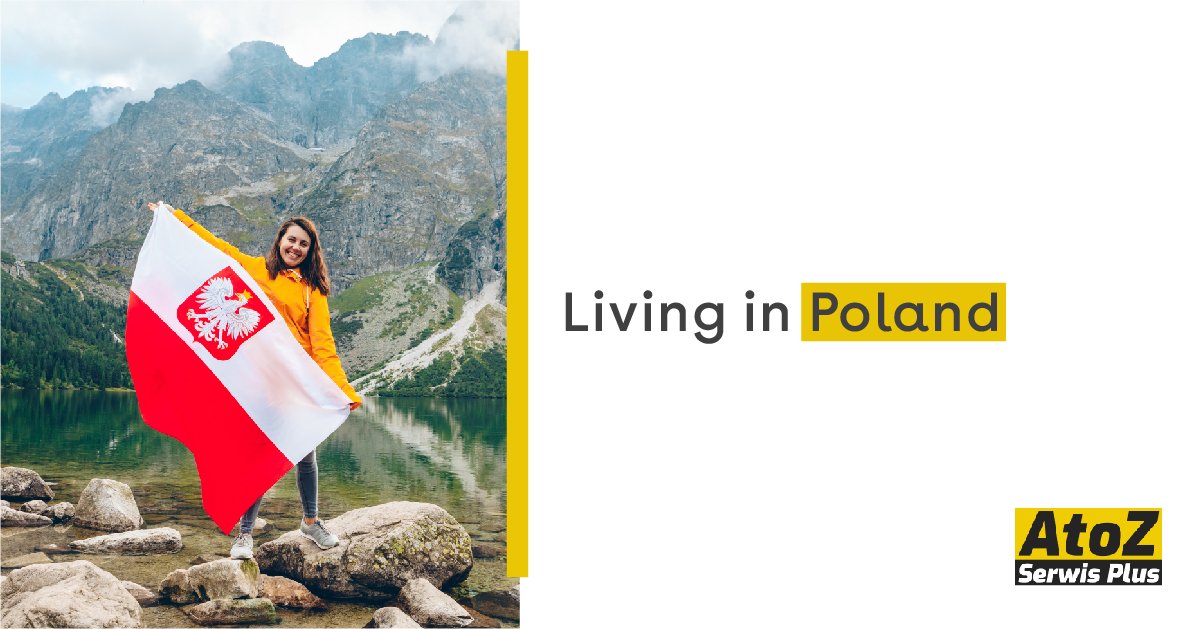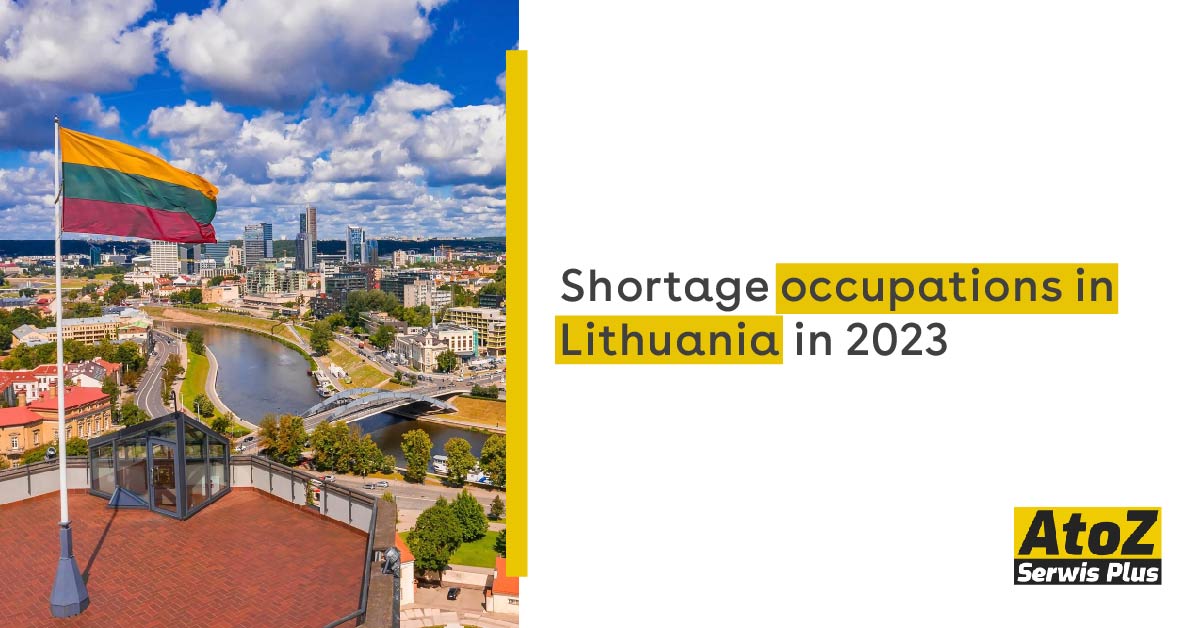

How to apply seasonal work visa for Italy in 2023?
When considering Italy's work visa, there are several critical aspects to keep in mind:
- Italian Long-Stay Visa: The Italy work visa is categorised as an Italian Long-Stay visa. This means it is intended for individuals planning to stay in Italy for an extended period, typically for work purposes.
- Economic Significance: Italy boasts a significant GDP of 2000.00 USD billion as of 2022. This demonstrates the country's economic strength and potential for employment opportunities.
- Eurozone's Fourth Largest Economy: Italy is the fourth largest economy within the Eurozone. This status further emphasises the country's economic stability and attractiveness for international workers.
- Working Hours: The standard workweek in Italy typically consists of 36 hours. This is the general norm for full-time employment, although specific industries or positions may vary in working hours.
Yes, that's correct. Here's a more detailed overview of the Italian work visa process:
- Work Permit: Securing a work permit (or a "nulla osta") from the Italian employer or sponsor is crucial before applying for an Italian work visa. The employer must demonstrate that no qualified Italian or European Union (EU) citizens are available for the position.
- Italian Work Visa: Once you have obtained the work permit, you can apply for an Italian work visa at the Italian consulate or embassy in your home country. The work visa falls under the long-stay visa category, often called a D-visa or National visa.
- Residence Permit Application: After entering Italy with a work visa, you must apply for a residence permit, known as "permesso di soggiorno," within eight days. The residence permit allows you to legally live and work in Italy for the duration specified on the license.
- Application Requirements: When applying for a residence permit, you typically need to submit various documents, including a valid passport, work contract or job offer letter, proof of accommodation in Italy, evidence of financial means to support yourself, health insurance coverage, and any other specific documents required by the Italian authorities.
- Application Process: The residence permit application process involves submitting the necessary documents, attending an appointment at the local police headquarters (Questura) or post office, and paying the application fee. If approved, the authorities will review your application, conduct any necessary checks, and issue the residence permit.
Seasonal Work Duration of Permits
The Decreto Flusi is an Italian Government program that sets the number of work permits issued to Non-European applicants to work in Italy. If you want to do seasonal work in Italy, the last date to apply for the Italian Seasonal Work Visa is 31st December 2023. You can find more information, procedures, and rights you can enjoy during your stay. The details are below.
For 2023 the Government of Italy will Grant 82,705 work permits to non-EU countries under a Decreto Flussi 2023. 44,000 Visas are set for Seasonal Jobs.
The Decreto Flusi is an Italian Government program that sets the number of work permits issued to Non-European applicants to work in Italy. If you want to do seasonal work in Italy, the last date to apply for the Italian Seasonal Work Visa is 31st December 2023. You can find more information, procedures, and rights you can enjoy during your stay. The details are below.
You have provided an accurate overview of Italy and its work visa system. Here are some additional details regarding the types of work visas available in Italy:
- Salaried Employment: This type of work visa is for individuals who have secured a job offer from an Italian employer. It requires a work permit (nulla osta) from the employer and is suitable for long-term employment in Italy.
- Seasonal Work: Italy offers work visas for seasonal employment in sectors such as agriculture or tourism. These visas are typically issued for a specific period and are suitable for individuals who will work in Italy temporarily during peak seasons.
- Long-Term Seasonal Work: This type of visa allows individuals to work in seasonal activities for up to two years. It is suitable for those engaged in specific seasonal industries that require more extended periods of employment.
- Sports Activities: If you are a professional athlete or coach and have an agreement with an Italian sports club or organisation, you can apply for a work visa in this category.
- Artistic Work: Artists, performers, and those involved in the cultural sector can apply for a work visa for artistic work in Italy. This category covers various disciplines, such as music, dance, theatre, and visual arts.
- Working Holiday: Italy has working holiday agreements with certain countries, allowing young individuals to visit Italy for an extended period and engage in temporary work to support their stay.
- Scientific Research: Researchers and scientists who agree with an Italian research institution or university can apply for a work visa in this category.
It's important to note that each type of work visa may have specific requirements and application procedures. You should consult official government sources or the Italian embassy/consulate in your home country for detailed information on eligibility, application requirements, and the application process for each specific work visa category.
When it comes to seasonal work in Italy, here are some essential points to consider:
- Job Opportunities: Seasonal work in Italy is often available in the agricultural and tourism sectors. The demand for seasonal workers typically varies throughout the year, depending on harvest seasons or peak tourism periods.
- Employer Sponsorship: You usually need a job offer or sponsorship from an Italian employer to apply for a seasonal work visa in Italy. The employer must provide a contract or agreement specifying the terms and duration of employment.
- Work Permit: Before applying for a seasonal work visa, you may need to obtain a work permit, also known as a "nulla osta" or "permesso di lavoro stagionale." This permit verifies that no qualified Italian or EU workers are available.
- Application Process: The application process for a seasonal work visa in Italy typically involves submitting the necessary documents, including a valid passport, employment contract, proof of accommodation, proof of financial means, and any other specific requirements requested by the Italian authorities. You should contact the Italian embassy or consulate in your home country for detailed instructions on the application process.
- Duration and Restrictions: Seasonal work visas in Italy are typically granted for a specific period and may restrict working for other employers or engaging in additional employment outside the specified job. It is essential to adhere to the terms and conditions of your visa and comply with the rules and regulations set by the Italian authorities.
At a glance
- Most visas in Italy last between nine months and up to two years, but this will depend on the job, the employer and the sector, so check the rules and ensure you don’t overstay your visa.
- If you enter Italy under a 'decreto floss and are still employed at the end of your visa, you should be able to renew it but check the rules.
- To apply for a seasonal work visa, you must have authorisation to work for between 20 days and up to nine months. Once you have your work contract, you will be issued a stay permit for the duration indicated on the visa.
- This is a portal provided by the Ministry of Foreign Affairs where you can check whether you are eligible for a visa (depending on nationality, your reason for entering Italy and how long you intend to stay).
How seasonal work is announced
- Decree Publication: The Italian government publishes a decree called "Decreto Flussi" each year, typically between January and March. This decree announces the number of seasonal or working visas available for that particular year.
- Government Publications: The decree is published in the official government publication "Gazzetta Ufficiale." It is also often linked on the websites of the Italian Ministry of the Interior (Ministero dell'Interno) and the Ministry of Labor (Ministero del Lavoro).
- Sector-specific Focus: The seasonal work visas offered through the decree are often linked to sectors where the country requires additional assistance. This usually includes agricultural and care work, although other sectors may also be included.
- Application Period: Once the decree is announced, you can apply for jobs within the quota until December 31 of the calendar year. I want to let you know that the application period may vary yearly, so it's best to check the details mentioned in the decree and on the official government websites.
- Quota Availability: In some cases, the Italian government may fill the allocated quotas quickly, sometimes within hours or days of the decree being announced. You must stay updated and submit your application as early as possible to increase your chances of securing a seasonal work visa.
- Additional Opportunities: Additional visa opportunities may be added later in the year, typically in late spring or early summer. This can occur when specific sectors demonstrate a need for more workers.
It is essential to regularly monitor official government publications and websites, such as the Ministry of the Interior website, for the most accurate and up-to-date information regarding seasonal work opportunities in Italy.
How many permits are usually issued?
- In 2023, 82,705 work permits for non-Europeans have been announced. This includes seasonal and non-seasonal work. Thirty-eight thousand seven hundred five work permits were allocated to those being employed (lavoro subordinate), 500 visas for those who are self-employed (lavoro autonomo) and 44,000 tickets for seasonal work (lavoro stagione).
- Most of the seasonal employment is for the agricultural, tourism, and hotel sectors and applies to people from specific countries.
- There is a particular category of work permits (1,000) for those who have completed Ministry of Labor and Education training and education programs abroad to come to Italy.
- Included in the 2023 declaration are permits for people applying for jobs as logistics drivers, building, tourism and hotels, telecommunication, mechanics, shipbuilding and food production.
Requirements
- Nationals from the following countries are eligible to apply for work permits: Albania, Algeria, Bangladesh, Bosnia-Herzegovina, Egypt, El Salvador, Ethiopia, Gambia, Georgia, Ghana, Guatemala, India, Ivory Coast, Japan, Kosovo, Mali, Mauritius, Moldova, Montenegro, Morocco, Niger, Nigeria, Pakistan, Peru, Philippines, Republic of North Macedonia, Senegal, Serbia, South Korea, Sri Lanka, Sudan, Tunisia and Ukraine.
- You must be a non-EU citizen
- You have to have a job offer in Italy
- You need a valid passport
- You must have no criminal record
- You need to be able to speak Italian
- You must have sufficient money to support yourself in Italy
- According to the EU Immigration portal, visas cost around €116. Residence permits cost around €40 for stays between three and 12 months and €50 for visits between 12 and 24 months. A long-term residence permit costs around €100; this is often for skilled workers. In addition, expect to pay about €30 administrative fees for the application and certified postal kit, €16 for an official stamp (Francobollo) and €30.46 for insurance.
- Note: You cannot bring family members on a seasonal work visa, and you cannot apply for long-term residence via one.
How to apply - and what you need to do it
- Once you have a job offer, you can apply online via the Italian embassy or consulate in your home country.
- For online applications: The Sportello Unico Immigrazione (Immigration counter) in each Prefettura (Prefecture /Police HQ under the jurisdiction of the Interior Ministry) is where you apply. Through this counter, you can apply online.
- There, you must fill out forms and attach all requested documents. This year, for instance, those who applied for the Decreto Flussi 2022 would have had their applications processed from 9 am on March 27 2023, the so-called "click day" (cd).
- Be aware that to apply for many official things in Italy, you will need a PEC, a secure or certified E-mail address with legal status. All Italian citizens can request one, whether they are residents of Italy or not. In addition, European and non-European adults can order them but often ask for a residential address in Italy. Many PEC providers require payment. This is NOT a regular e-mail address, and it can make qualifying for official Italian processes challenging if you don’t have one. Here is a list of the providers of PEC in Italy: https://www.agid.gov.it/index.php/it/piattaforme/posta-elettronica-certificata/elenco-gestori-pec **You will need a valid identification document to request this form and many providers require that you are resident in Italy too. The Italian Post Office Poste Italiane offers yearly subscriptions for just over €5. Some providers might offer a free trial period, but check the terms and conditions to ensure that you won’t incur higher fees if you fail to cancel before the end of the period. Also, you often need a PEC to cancel an official subscription in Italy!
- From March 27, 2023, the Italian government announced it was simplifying the application process. They say you need a SPID – Public Digital Identify System to apply for a visa or work permit. If you want to activate a SPID, you need to be 18 years old and have a valid Italian identification document (that includes a social security card – Tessera Sanitaria or a tax code – codice fiscale, both of which you will need to live and work in Italy legally). In addition, you will need an email address and a mobile telephone number. You need to register on the site of a digital identity provider authorised and supervised by AgiD. Here is a list.
- If you are not already in Italy, you will need to verify your identity via an online service and choose a provider with the world icon or EU icon if you are already in Europe so that you can verify online via webcam. **Be aware some of these providers charge for their services. According to the SPID website, you can activate your SPID identity free of charge at a public administration office. Here is a list of offices that might be near you. **You cannot request a SPID with your Permesso di Soggiorno; you will need an identity card (Carta d’Identita).
Converting existing permits
- According to the Ministry of Work, converting a permesso di soggiorno (stay permit) into a work permit if you have a job offer and meet all other requirements is possible. You can apply for the conversion via Sportello Unico, taking your proposed work contract signed by your employer. You can find forms for this application at www.lavoro.gov.it and www.interno.gov.it
- You can also convert a seasonal work permit into a more general one if you have worked for three months of regular seasonal work and meet all the other requirements. (You will need your new proposed work contract, and your employer will need to be inspected, and you will need to have paid all the taxes and charges required in Italy for the duration of your seasonal work, as will your employer). If you have been working in seasonal agricultural work, often paid by the day, you must show that you have paid the correct contributions for at least 13 days per month for at least three consecutive months to qualify.
- Starting in 2021, the Ministry of Work allowed several food and agricultural agencies and federations to help manage around half of the issued quotas and applications for seasonal agricultural work. These include Cia, Coldiretti, Confagricoltura, Copagri, Alleanza delle cooperative –Lega cooperative e Confcooperative)
Know your rights
- The European Labour Authority has a campaign for all European countries called "Rights for All Seasons" to help seasonal workers know their rights.
- This reminds workers in all EU countries that you are:
- Entitled to safe and healthy working conditions
- That During your work, you might be exposed to risks, like working with machinery or animals, repetitive movements, awkward postures, working in hot or cold temperatures, skin contact with hazardous liquids or breathing in dust and fumes. However, your employer must inform you about the nature of your work and risks and provide explicit instruction and training in a language you understand before doing your job.
- Some of these risks, states the ELA, could lead to severe injuries and health problems, even fatal illnesses like cancer. But it is the employer’s responsibility to put in place measures to stop you from being exposed to these risks.
- If your employer ignores your questions or complaints, threatens you or forces you to do something unsafe or harmful to your health. You should contact the national authorities, police or local unions for help.
- The Italian government published a website in 2021 on which they wrote an article about the rights of migrant workers in Italy.
- In it, they make clear that migrant workers have the SAME RIGHTS as Italian workers. There is equality between men and women; all workers have the right to safety and good health practices. There should be no discrimination, and you should be paid fairly and adequately for the hours worked. You have a right to rest and to have an excellent work-life balance. You can also be a union member.
- When you are recruited, your employer is not allowed to ask about your political or religious opinions, whether or not you are pregnant or whether or not you are HIV+; they are also not allowed to ask about whether you are married or whether or not you intend to have children.
- a typical working week in Italy is fixed at 40 hours. You can do overtime, but this should still be within the health and safety norms.
- A worker has the right to 11 hours of rest every 24 hours and should have at least one day off every seven days.
- If you work full-time, you have the right to at least four weeks of paid holiday leave per year.
- You are being exploited when you are paid less than the national standards or much less than you should be for the hours you worked. Also, when asked to do overtime repeatedly, you are denied your weekly day off or paid holidays. You are also being exploited if you are not given paid sick leave.
- If an employer repeatedly puts your safety or health in danger at your place of work, you are being exploited.
- If your employer uses "degrading methods" to surveil you at work, this could be considered exploitation.
So that you know, all you should know about Italian work permits.
Italian work permits, or "permessi di lavoro" or "nulla osta," are essential documents for foreign nationals to work legally in Italy. Here's what you should know about Italian work permits:
- Work Permit Requirement: Foreign nationals who wish to work in Italy must obtain a work permit before starting employment. The Italian authorities issue the work permit and verify that no qualified Italian or EU workers are available.
- Work Permit Application: The process of obtaining a work permit in Italy typically involves the employer initiating the application on behalf of the foreign worker. The employer must demonstrate the need for hiring a foreign national and comply with specific requirements set by the Italian government.
- Employer Sponsorship: In most cases, the employer plays a crucial role in the work permit application process. The employer must submit necessary documents and information, such as a job offer or employment contract, company details, and proof of compliance with labour and immigration regulations.
- Permit Types: The work permits available in Italy vary depending on the nature and duration of employment. These include regular work permits for long-term jobs, seasonal work allows for temporary or seasonal work, and specific licenses for activities such as self-employment, scientific research, or artistic creation.
- Residence Permit: Once the work permit is obtained, foreign workers must apply for a residence permit, known as "permesso di soggiorno," within eight days of entering Italy. The residence permit allows foreign workers to live and work in Italy for the specified duration legally.
- Renewal and Extension: Work permits, and residence permits in Italy are typically granted for a specific period. If the employment continues beyond the initial permit's validity, the worker and employer may need to apply for renewal or extension of the licenses before they expire.
- Compliance and Regulations: Both employers and foreign workers must comply with Italian labour and immigration regulations throughout the employment period. Failure to adhere to these regulations can result in legal consequences, including fines, visa revocation, or deportation.
Seasonal jobs in Italy can vary depending on the region and sector. Here are some common types of seasonal positions available in Italy:
- Agricultural Work: Italy's agricultural sector offers various seasonal job opportunities. These include harvesting crops, tending to vineyards, picking fruits or vegetables, or working in greenhouses.
- Tourism and Hospitality: The tourism industry in Italy experiences peak seasons, creating seasonal job openings in hotels, resorts, restaurants, cafes, and tourist attractions. Jobs can range from hotel staff, waitstaff, tour guides, lifeguards, and more.
- Ski Resorts: In regions with ski resorts, there are opportunities for seasonal jobs as ski instructors, lift operators, resort staff, or rental shop assistants during the winter season.
- Summer Camps: During the summer months, there is a demand for staff at summer camps, both for children and adults. These positions include camp counsellors, activity leaders, lifeguards, and sports instructors.
- Festivals and Events: Italy is known for its cultural festivals, fairs, and events throughout the year. During these occasions, seasonal jobs may be available in event planning, hospitality, ticketing, crowd control, and vendor assistance.
- Beach Resorts: Coastal regions in Italy often require seasonal workers for beach clubs, beach bars, water sports facilities, and other related services during the summer.
- Gardening and Landscaping: Many homeowners and businesses require extra help with gardening and landscaping during the warmer months, creating seasonal job opportunities in this sector.
It's important to note that the availability of specific seasonal jobs can vary depending on the region, time of year, and local demand. Job seekers interested in seasonal work in Italy can research opportunities in their preferred sectors and areas, contact employers directly, or utilise job search platforms specialised in seasonal or temporary work.
Seasonal jobs Average Salary in Italy
Here's an overview of typical salary ranges for some common seasonal jobs in Italy. Please note that these figures are approximate and can vary depending on factors such as the region, industry, experience, and specific employer:
| Job Position | Salary Range (EUR/month) |
|---|---|
| Agricultural Worker | 800 - 1,200 |
| Waitstaff | 800 - 1,200 |
| Hotel Staff | 900 - 1,500 |
| Tour Guide | 1,000 - 1,500 |
| Lifeguard | 900 - 1,300 |
| Ski Instructor | 1,000 - 1,500 |
| Resort Staff | 800 - 1,200 |
| Camp Counselor | 800 - 1,200 |
| Festival/Event Staff | 800 - 1,200 |
| Beach Club Staff | 800 - 1,200 |
| Gardener/Landscaper | 800 - 1,200 |
Please remember that these salary ranges are approximate and can change based on location, job responsibilities, level of experience, and the specific employer's policies. It's also important to consider other factors, such as accommodation, meals, and any additional benefits provided by the employer, as they can contribute to the overall compensation package.
Cost of Living in Italy
| Expense | Monthly Cost (EUR) |
|---|---|
| Rent (1-bedroom apartment in the city centre) | 700 - 1,200 |
| Rent (1-bedroom apartment outside the city centre) | 500 - 900 |
| Utilities (electricity, heating, water, etc.) | 100 - 200 |
| Internet and Mobile Phones | 40 - 60 |
| Groceries | 250 - 400 |
| Dining out (meal at an inexpensive restaurant) | 10 - 20 |
| Public Transportation | 30 - 50 |
| Fitness Club Membership | 30 - 60 |
| Entertainment and Leisure | 100 - 200 |
| Healthcare and Insurance | 50 - 100 |
| Miscellaneous Expenses | 100 - 200 |
These figures are approximate and can vary based on the location within Italy and personal lifestyle choices. Additionally, the cost of living in major cities like Rome, Milan, or Florence may be higher compared to smaller towns or rural areas. Considering these factors and adjusting based on individual circumstances is essential when planning a budget for living in Italy.
For the Employer
Are you looking to Hire? Let us help you find the perfect candidates!
Step 1: Fill out the employer's questionnaire. Please provide us with the necessary details about your job requirements and company. We'll use this information to customise our services for you. Fill in the form.
Step 2: Choose the best offer. Once we receive your completed questionnaire, we'll prepare a tailored proposal for recruitment, employee leasing, or outsourcing services.
Step 3: Welcome your new employee. We'll utilise our extensive network and resources to find the ideal candidate for your business. Please don't worry; we'll ensure favourable conditions for you and the employee.
Take advantage of exceptional talent for your company. Complete the employer's questionnaire today, and let us handle your hiring needs.
For Job Seeker Registration
If you are looking for Truck Drivers, such as our guest today, we would like you to fill out the application form on our website. After reviewing the details of the completed offer, a representative of AtoZ Serwis Plus will contact you and tell you about all the details. Fill in the form.
Would you like some advice? So that you know, the information I've included here is for you to review. You'll always need to consult with your legal and tax advisor(s) and follow their guidance. AtoZ Serwis Plus cannot assist with legal or tax matters. The information presented is not specific to any particular company or workforce nor reflects how AtoZ Serwis Plus products are distributed in any jurisdiction. Instead, it is general. AtoZ Serwis Plus makes no representations or warranties regarding this information's accuracy, completeness, or timeliness. It shall not be liable for any losses from using or relying on it. It is your responsibility to exercise caution when using this information.

















